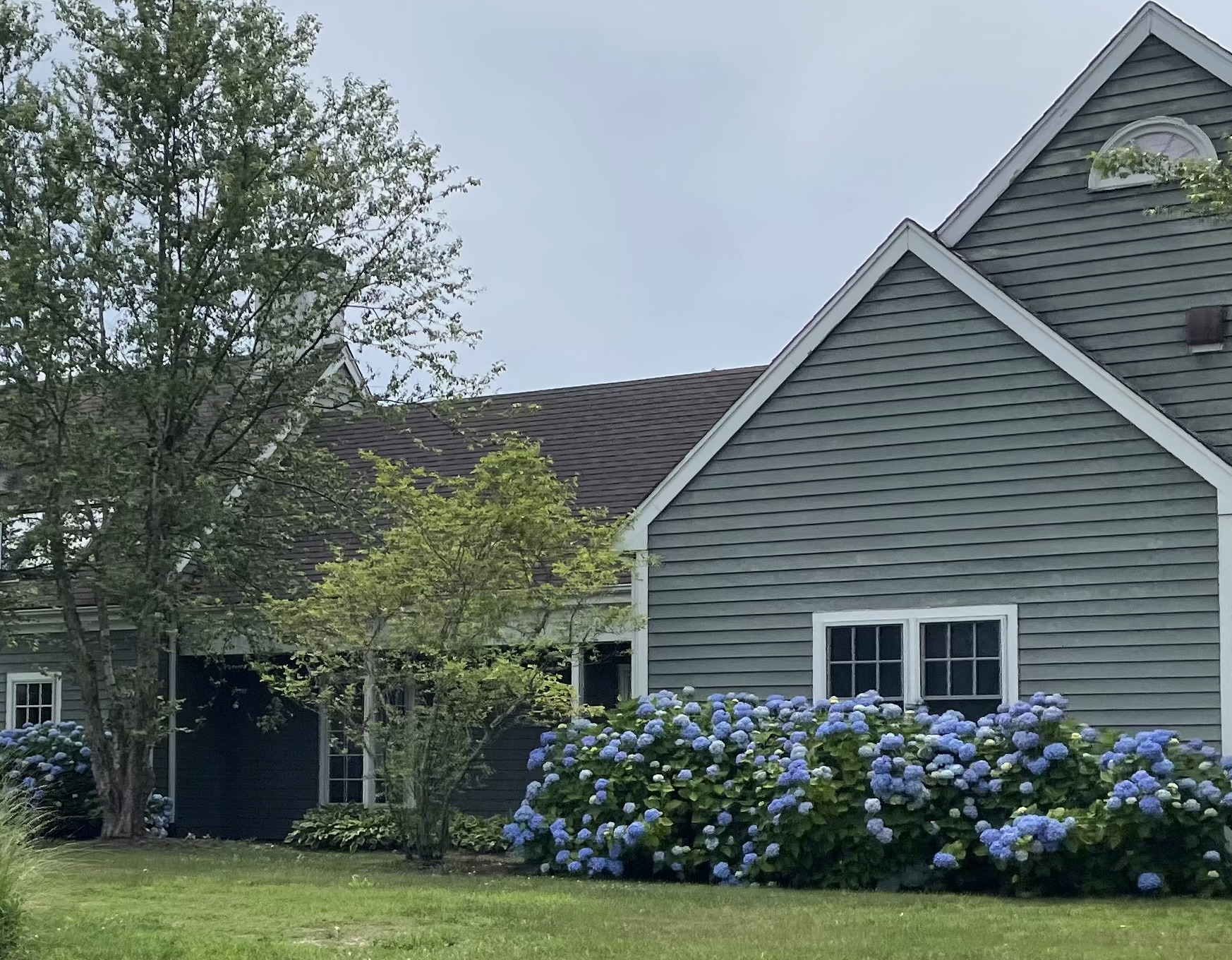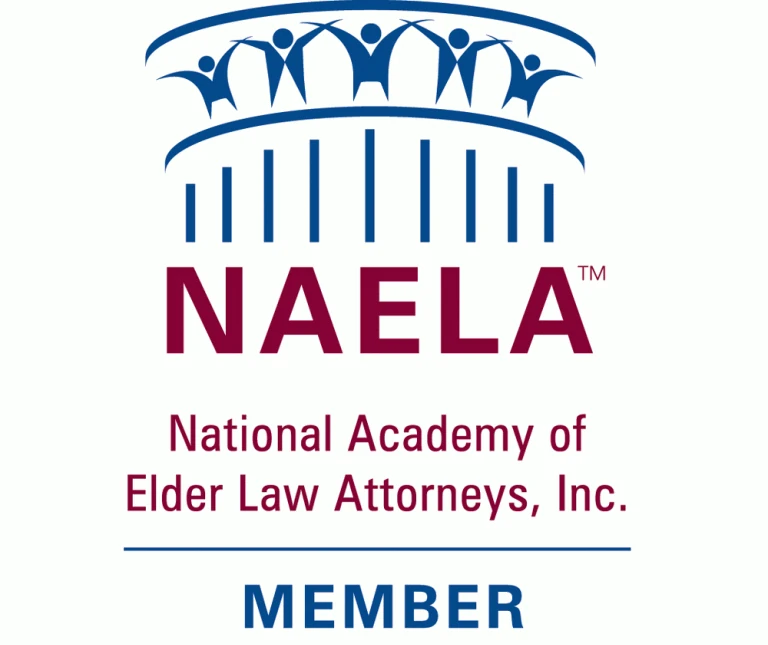Elder Law
What sets our firm apart from a traditional law practice is our concentration in Elder Law. Our goal is to provide practical advice and an ethical strategy that best protects elders and disabled persons. We have expertise in Medicaid/MassHealth regulations and we assist clients facing chronic disease and/or long-term care in skilled nursing facilities. Our attorneys are members of the National Academy of Elder Law Attorneys and its Massachusetts Chapter.
![]()
Estate & Long-term Care Planning
A typical Cape Cod estate plan consists of a Will, Durable Power of Attorney and Health Care Proxy. These documents are designed to help clients to set forth their testamentary intent (Will) and plan for possible incapacity (Durable Power of Attorney and Health Care Proxy). In assisting our clients, we consider their health and likelihood of requiring long term care, estate tax consequences and the need to protect minor and/or disabled children. In many cases, Trusts are necessary to accomplish protection for family members and to minimize taxes and/or exposure to Medicaid/MassHealth liens.
Guardianship & Conservatorship
We assist families and facilities with guardianship and conservatorship proceedings in the probate court. Guardianship is necessary when a person is incapacitated and unable to give informed consent to medical treatment and does not have a valid Health Care Proxy. Conservatorship is necessary when a person is incapacitated and unable to manage their finances and does not have a valid Durable Power of Attorney. As attorneys for petitioners in guardianship matters, we assist with complex matters that require specific court authority such as Rogers cases (where the respondent requires treatment with antipsychotic medications) and end of life orders (Do Not Resuscitate and Comfort Orders). On behalf of petitioners in conservatorship matters, we seek specific authority to sell real estate, fund supplemental needs trusts for disabled persons and other matters.
MassHealth Eligibility
Medicaid is a joint federal and state program known as MassHealth in Massachusetts. It is the program that pays for long-term care in skilled nursing facilities for persons that qualify both clinically and financially. The regulations are very complex and the application process can be very frustrating. We understand the rules and can advise families how best to qualify, particularly spouses of long-term care residents. MassHealth regulations are designed to protect a spouse from impoverishment and it is very important to seek legal advice if a spouse requires long-term care or may require long-term care.
![]()
Estate Administration
Estate administration is necessary after a person dies owning property in Massachusetts. If assets are owned jointly, it is often unnecessary to file a petition to probate a Will. However, there is a need to determine whether filing an estate tax return is necessary and address any title issues relative to real estate which always includes recording a death certificate in the registry of deeds. When a petition to probate a Will is necessary in order to access individually owned assets, our priority is providing efficient and reasonable legal services. Our office assists with probate court filings, sale of real estate, and steps necessary to close the probate administration in a timely way. We also assist with Trust administration.

